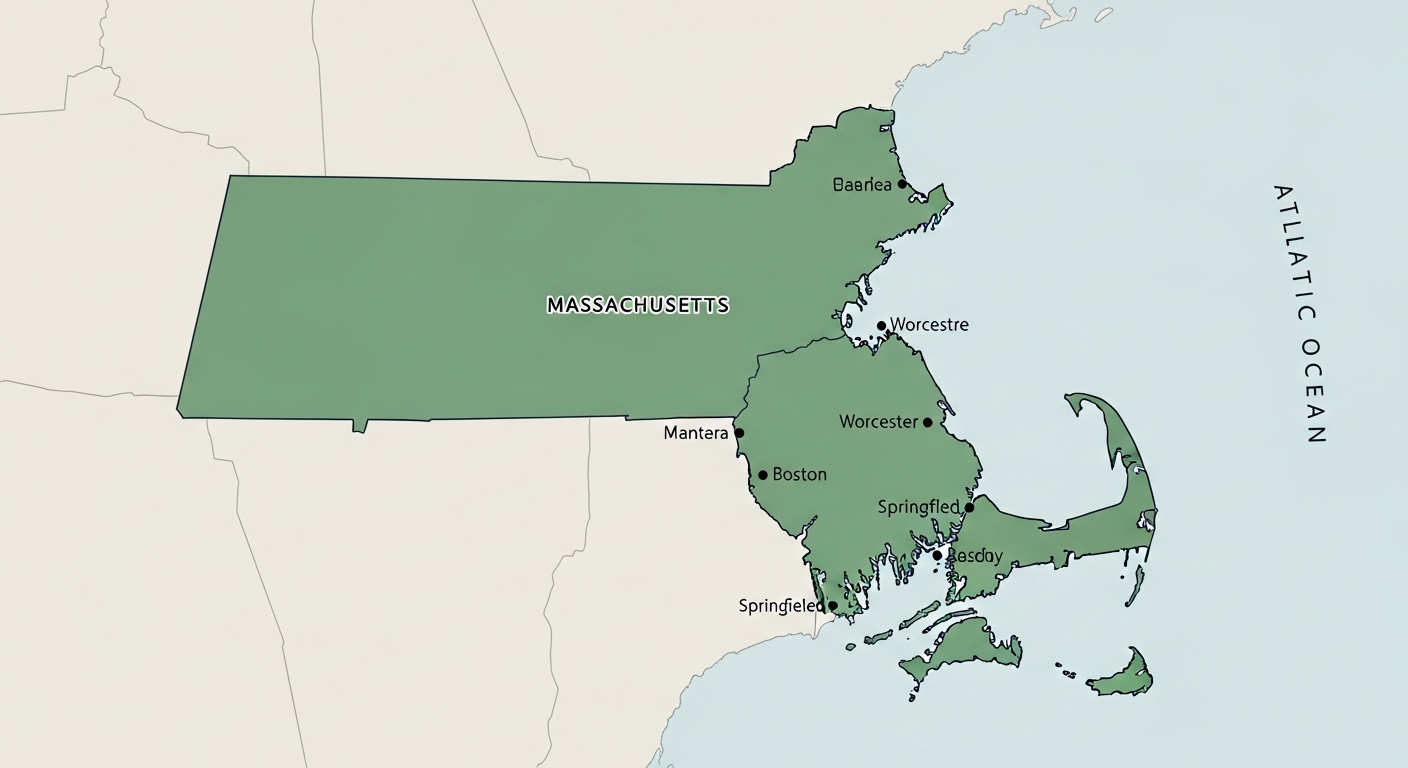Executive Summary
Africa is at a pivotal juncture in the realm of Artificial Intelligence (AI). As AI technologies rapidly evolve, African nations are proactively developing governance frameworks to harness AI’s transformative potential while safeguarding ethics, rights, and inclusion. This policy paper delves into the current state of AI governance across the continent, with focused analyses on Rwanda, Kenya, and Nigeria’s national strategies, as well as the African Union’s Continental AI Framework. It incorporates significant developments from the 2025 Global AI Summit on Africa held in Kigali, including the Africa Declaration on Artificial Intelligence, the proposed Africa AI Council, and the launch of the $60 billion Africa AI Fund. The document aims to inform policymakers, stakeholders, and the public on fostering responsible, inclusive, and sustainable AI ecosystems across Africa.
Introduction
Artificial Intelligence is no longer a distant prospect; it is an integral part of our daily lives, reshaping economies, governance systems, and societies worldwide. For Africa, AI presents both transformative opportunities and significant challenges. As digital economies grow and technologies integrate deeper into everyday life, the need for coherent governance frameworks becomes imperative.
This policy paper critically examines existing frameworks and strategies within Africa, emphasizing the alignment of national efforts with continental aspirations. It also proposes policy recommendations to strengthen institutional capacities, regulatory environments, and stakeholder collaboration.
The State of AI Governance in Africa: Fragmented Yet Evolving
AI governance in Africa is in motion. It is dynamic, ambitious, but uneven. While some countries are forging ahead with detailed strategies, others are still grappling with foundational digital policies.
Key Observations and Challenges:
- Regulatory fragmentation: Some countries have comprehensive data protection laws, others have none.
- Lack of coordinated oversight: Institutional frameworks are often siloed.
- Limited domestic AI capacity: Many nations depend on imported technologies, raising sovereignty and accountability issues.
- Talent and skills gaps: There is a shortage of AI researchers, engineers, and legal experts across the board.
- Growing innovation hubs: Cities like Lagos, Nairobi, Kigali, and Cape Town are nurturing vibrant tech ecosystems.
2025 Milestones: A Turning Point
- In April 2025, Kigali hosted the Global AI Summit on Africa, drawing governments, innovators, and civil society together.
- The Africa Declaration on Artificial Intelligence was signed by 54 countries, committing to a shared vision of ethical, inclusive, and sustainable AI.
- The Africa AI Council was proposed, which would be a continental governance body to ensure coordination and policy alignment.
- A landmark $60 billion Africa AI Fund was unveiled to support infrastructure, research, and local innovation.
This momentum marks a paradigm shift. Africa is not merely reacting to global AI trends—it is shaping them.
Rwanda’s AI Strategy
Rwanda’s approach to AI is deliberate and strategic. Grounded in Vision 2050 and the Smart Rwanda Master Plan, the country is positioning itself as a continental leader.
Strategic Priorities:
- Deploying AI to enhance public service delivery in sectors like healthcare, education, and agriculture.
- Promoting ethical and open data frameworks.
- Building talent pipelines through academic programs and research centers.
- Supporting innovation by nurturing startups and attracting foreign investment.
Institutional Strength:
- Regulatory oversight is spearheaded by RURA and the Ministry of ICT and Innovation.
- A regulatory sandbox allows for real-world testing of AI tools within controlled settings.
2025 Leap Forward:
- Rwanda launched an AI Scaling Hub, backed by the Gates Foundation, to pilot and scale ethical AI solutions across key sectors.
- As host of the 2025 summit, Rwanda amplified its reputation as a pioneer in responsible AI governance.
There is coherence in Rwanda’s strategy. But to truly scale, it must ensure inclusive implementation especially in rural communities, and guard against algorithmic bias.
Kenya’s AI Strategy
Kenya has long been a tech powerhouse in East Africa. Yet until 2025, its AI ambitions were scattered across various policy instruments.
Kenya AI Strategy 2025–2030:
- Introduced in March 2025, Kenya’s first dedicated AI strategy outlines a national vision rooted in adaptive governance.
- Focus areas include ethical standards, local innovation, and digital inclusion.
- Aims to develop Centers of Excellence in AI research and promote cross-border collaboration.
Institutional Synergy and Investment:
- Leverages the strength of Kenya’s universities, tech incubators, and public-private partnerships.
- Calls for robust legislative frameworks that protect rights while enabling experimentation.
The strategy offers long-awaited coherence. But implementation will require inter-agency coordination, sustainable funding, and broad public engagement.
Nigeria’s Draft AI Strategy
Nigeria, Africa’s most populous nation and one of its largest economies, has recognized the critical role of AI in its future development. In late 2024, Nigeria unveiled its Draft National Artificial Intelligence Strategy (NAIS) for public review.
Core Themes of the Draft Strategy:
- Developing ethical frameworks for AI use.
- Building a sustainable AI talent pipeline.
- Stimulating local innovation ecosystems.
- Establishing data governance and cybersecurity measures.
Public Consultation and Revisions:
- Following the release, extensive feedback was received from academia, private sector, civil society, and international partners.
- As of mid-2025, the draft is undergoing review and refinement to incorporate these diverse inputs.
The Nigerian experience offers a powerful lesson: policy design must be participatory. It is not enough to craft ambitious documents behind closed doors; buy-in from all segments of society is crucial. AI policy must not become another elite project. It must touch the streets where innovation is real..
Nigeria’s willingness to adapt its draft policy in response to feedback reflects a maturing governance approach. However, successful implementation will depend on sustained investment, institutional coherence, and cross-sector partnerships.
The AU Continental Strategy
Africa cannot afford a patchwork of disconnected AI policies. If each country moves alone, inequalities will deepen, and regional markets will fragment.
The AU Continental Strategy and initiatives like the Africa AI Council aim to bridge that gap. African nations must align their strategies not just in principle but in practice. Shared data standards, cross-border regulatory frameworks, and harmonized ethical norms are critical.
And perhaps most importantly, Africa must bridge its deep digital divides. If AI governance focuses only on urban elites and tech hubs, the continent risks creating a new class divide; the “digitally rich” and the “digitally invisible.”
Policy Recommendations
- Develop coherent national AI strategies aligned with the AU’s continental framework.
- Strengthen regulatory institutions to ensure ethical oversight and enforcement.
- Invest in AI literacy and digital infrastructure, particularly in underserved regions.
- Promote regional cooperation to reduce duplication and foster resource sharing.
- Engage civil society and the private sector in the design and monitoring of AI policies.
- Ensure inclusive AI development, addressing inequalities in access
Conclusion:
Africa stands at an inflection point. The choices made today will echo across generations, either widening inequalities or creating unprecedented opportunities for shared prosperity.
The events of 2025, particularly the Global AI Summit in Kigali, the adoption of the Africa Declaration on Artificial Intelligence, and the new national strategies emerging across Rwanda, Kenya, Nigeria, and beyond, demonstrate that Africa is no longer content to merely adopt technology, it is ready to shape it.
But ambition alone is not enough. African nations must move beyond fragmented efforts and embrace a unified, coordinated approach to AI governance, grounded in ethics, inclusivity, and sustainability. Policies must not be written for the few but for the many. According to President Paul Kagame at the Global AI Summit on Africa, Kigali, April 2025, “Our strategy should be to go back to the drawing board and build a strong foundation for connectivity. Let’s continue working together and driving AI to reduce inequality, allowing more of our citizens to benefit from the good AI can deliver to all of us.”
The dream of an AI-empowered Africa will only become reality if we:
- Invest heavily in digital infrastructure and human capacity across every region.
- Bridge the digital divide with urgency and intentionality.
- Create accountable institutions that protect rights while fostering innovation.
- Cultivate African-centered AI ecosystems that honor our cultures, languages, and values.
- Collaborate across borders to amplify our collective strength.
The pen is in our hands as Africans. The story is ours to write. Let Africa be the continent where AI becomes a tool for dignity, development, and justice, not division.
Let us govern AI wisely, inclusively, and boldly for ourselves, and for generations yet unborn.






